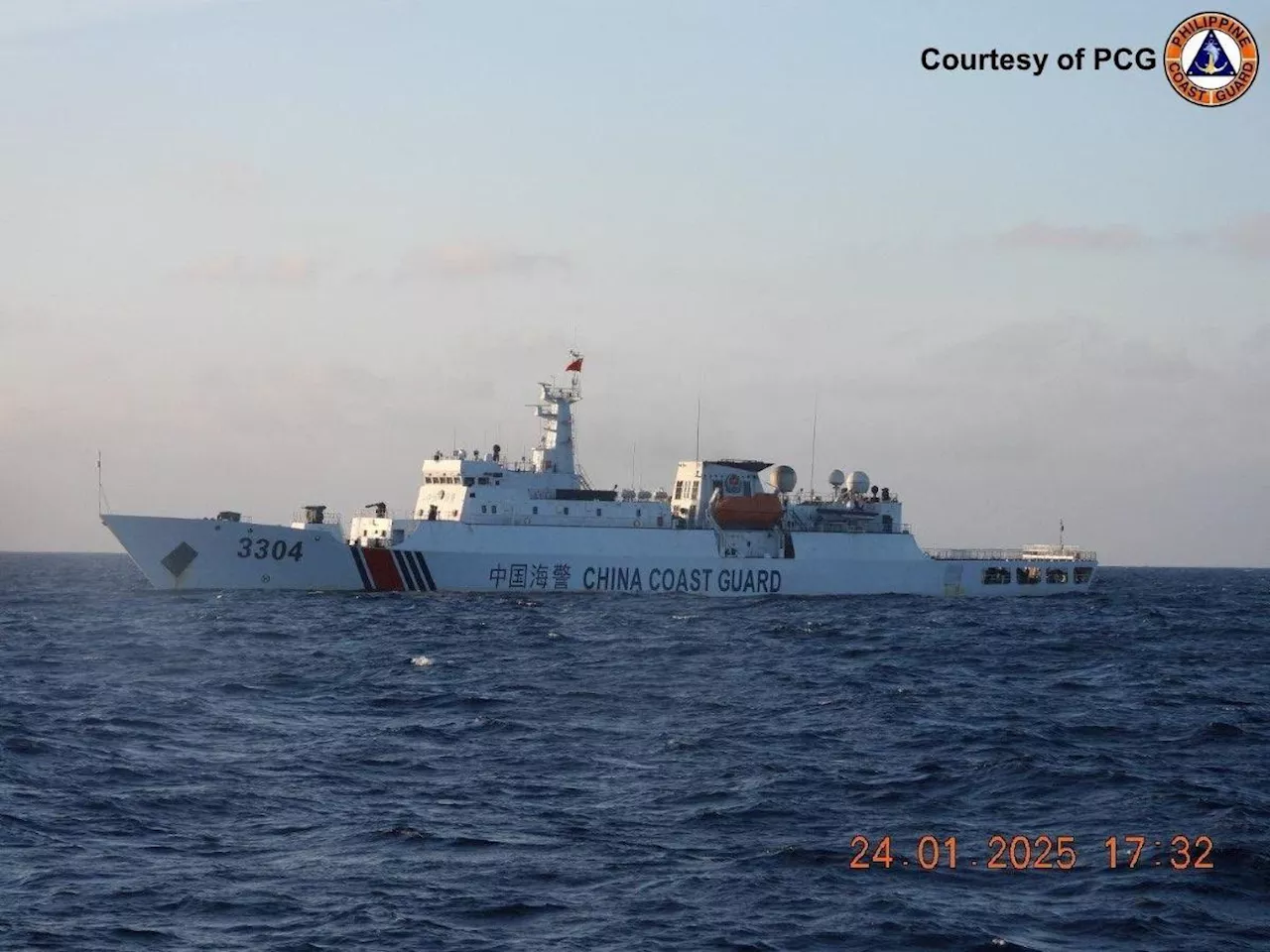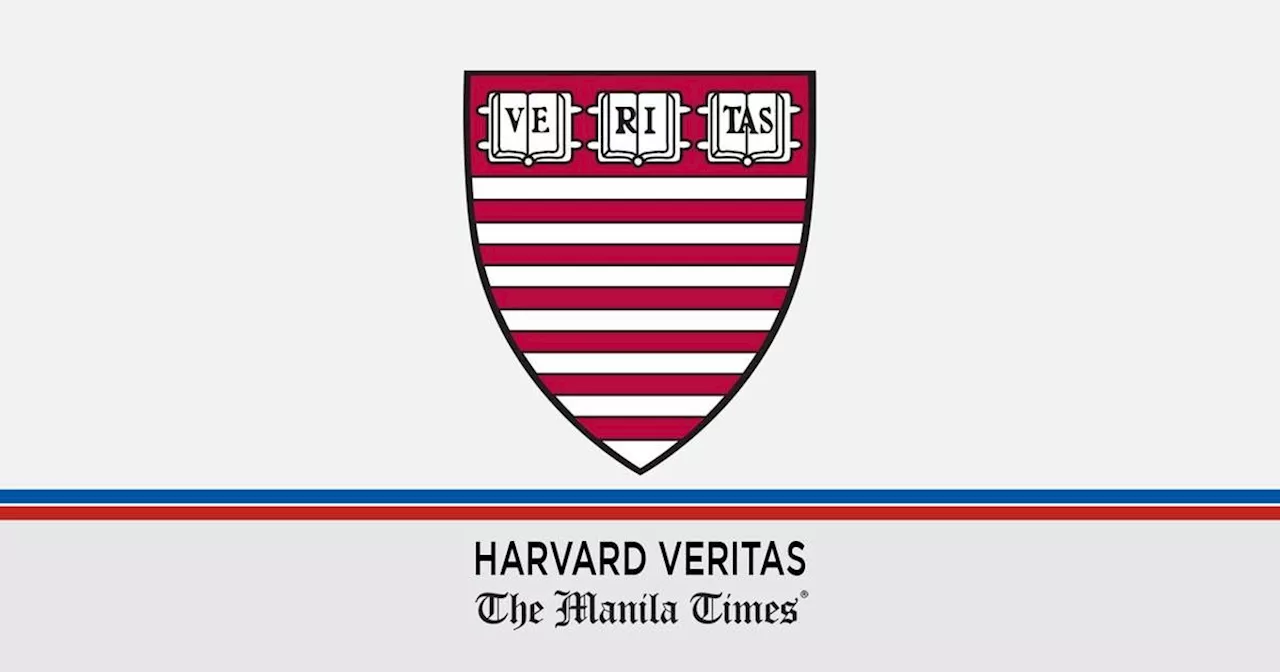This article explores the diverse personalities within the Philippine Civil Service, highlighting four archetypes: the crusader, the pragmatist, the caregiver, and the bystander. It emphasizes the importance of balance and resilience within the institution, urging for continuous improvement and renewal.
The Philippine Civil Service , established on September 19, 1900, through Public Law 5, has served as a cornerstone of governance for 125 years. Over time, the face of the Civil Service has evolved, reflecting the spirit, struggles, and triumphs of its civil servants . Like any institution that has endured the test of time, the Civil Service bears the marks of age, with a face etched by years of dedication, wisdom, and the weariness of navigating complex bureaucracies.
The individuals who pass through its corridors leave their imprint, shaping the character of the service in unique ways. These traits, like the features of a face, evolve with time, blending into a mosaic of qualities that define public servants who dedicate their lives to serving the nation.Civil servants can be classified into four archetypes, although this categorization is not scientific. It offers a valuable lens for understanding the diverse personalities within the civil service.1. **The Crusader (tagapagtaguyod):** These are the reformists and advocates who fight for what is right and just. Often idealistic, they tirelessly work to uphold ethical standards and drive change within their organizations. Crusaders are passionate, sometimes to the point of exhaustion, as they confront resistance from entrenched interests.2. **The Pragmatist (pragmatiko):** Pragmatists are realists who navigate the system with skill, grit, and diplomacy. They understand the limitations of bureaucracy and work within its constraints to achieve meaningful outcomes. They may not champion sweeping and radical reforms, but their steady and calculated approach ensures progress, however incremental.3. **The Caregiver (tagapag-alaga):** They are the nurturers who ensure their colleagues and clients are cared for. They value and prioritize relationships and well-being. While their empathy is a strength, they sometimes struggle with the harder edges of policy enforcement.4. **The Bystander (tagamasid):** Bystanders are those who disengage, either out of apathy or disillusionment. They perform their duties but rarely exceed expectations. For some, this detachment stems from frustration with systemic inefficiencies; for others, it may be a lack of alignment with the service's core mission.These categories are broad strokes, but they highlight the diversity of personalities within the civil service. Each archetype brings strengths and challenges, shaping the institution in unique ways. This classification offers valuable lessons, emphasizing the importance of balance: the civil service needs the passion of crusaders, the practicality of pragmatists, the empathy of caregivers, and the introspection to address disengagement. Effective leadership is crucial in fostering an environment where the first three archetypes thrive while encouraging bystanders to reengage with purpose.Furthermore, it underscores the necessity of resilience. The civil service's face may bear the lines of age, but it must remain animated by a spirit of renewal. This requires continuous investment in learning and development interventions, recognition of exemplary service, and the cultivation of a culture that values integrity and accountability.Republic Act (RA) 6713, or the Code of Conduct and Ethical Standards for Public Officials and Employees, provides a roadmap for the ideal civil servant — individuals of integrity, professionalism, and accountability guided by eight norms of conduct:1. Commitment to Public Interest: Prioritizing the common good over personal gain.2. Professionalism: Excellence in service delivery and competence in their field.3. Justness and Sincerity: Fairness and honesty guiding their interactions.4. Political Neutrality: Impartial decisions free from partisan considerations.5. Responsiveness to the Public: Accessibility and prompt action for public service.6. Nationalism and Patriotism: Loyalty to the nation.7. Commitment to Democracy: Upholding democratic principles and institutions.8. Simple Living: Leading lives of modesty and decency.The ideal civil servant embodies a synthesis of the best qualities of each archetype: a crusader's passion for justice, a pragmatist's strategic thinking, a caregiver's compassion, and a bystander's renewed purpose.As the civil service embarks on its next chapter, it must rejuvenate by leveraging its people's strengths while addressing its weaknesses. Cultivating a culture of excellence, transparency, and inclusivity is paramount. Mentorship can nurture young crusaders, while development programs enhance pragmatists and caregivers. Institutional reforms can reawaken bystanders and renew their purpose. Ultimately, the civil service is not merely an institution; it is a living organism shaped by those who serve
Philippine Civil Service Civil Servants Public Administration Governance Ethics In Government
Philippines Latest News, Philippines Headlines
Similar News:You can also read news stories similar to this one that we have collected from other news sources.
 Philippine Singer Launches Movement to Unite Filipinos Against China in West Philippine Sea DisputeRannie Raymundo, a popular Filipino singer, has joined forces with the Fraternal Order of Philippine Eagles to spearhead a nationwide movement aimed at rallying Filipinos in response to escalating tensions in the West Philippine Sea. The WPS Eagles Movement seeks to foster patriotism, galvanize collective action, and counteract Chinese disinformation campaigns.
Philippine Singer Launches Movement to Unite Filipinos Against China in West Philippine Sea DisputeRannie Raymundo, a popular Filipino singer, has joined forces with the Fraternal Order of Philippine Eagles to spearhead a nationwide movement aimed at rallying Filipinos in response to escalating tensions in the West Philippine Sea. The WPS Eagles Movement seeks to foster patriotism, galvanize collective action, and counteract Chinese disinformation campaigns.
Read more »
 Philippine Coast Guard Monitors Chinese Vessel in West Philippine SeaThe Philippine Coast Guard (PCG) is closely watching a Chinese Coast Guard (CCG) vessel operating illegally off the Zambales coast in the West Philippine Sea (WPS). The PCG deployed the BRP Gabriela Silang to keep a protective distance from the CCG vessel, preventing its approach to the Philippine coastline. Despite the CCG's radio challenges alleging a violation of maritime collision regulations, the PCG maintains that the core issue is the CCG's illegal presence in Philippine waters.
Philippine Coast Guard Monitors Chinese Vessel in West Philippine SeaThe Philippine Coast Guard (PCG) is closely watching a Chinese Coast Guard (CCG) vessel operating illegally off the Zambales coast in the West Philippine Sea (WPS). The PCG deployed the BRP Gabriela Silang to keep a protective distance from the CCG vessel, preventing its approach to the Philippine coastline. Despite the CCG's radio challenges alleging a violation of maritime collision regulations, the PCG maintains that the core issue is the CCG's illegal presence in Philippine waters.
Read more »
 Philippine Stock Exchange to Acquire Controlling Stake in Philippine Dealing System Holdings Corp.The Philippine Stock Exchange Inc. (PSE) is reallocating P110 million from a 2018 stock rights offering to acquire a controlling stake in the Philippine Dealing System Holdings Corp. (PDSHC). This move follows a series of share purchases by the PSE from other PDSHC stakeholders, aiming to consolidate the country's equities and fixed-income exchanges. The PSE's equity stake in PDSHC currently stands at 55.53 percent.
Philippine Stock Exchange to Acquire Controlling Stake in Philippine Dealing System Holdings Corp.The Philippine Stock Exchange Inc. (PSE) is reallocating P110 million from a 2018 stock rights offering to acquire a controlling stake in the Philippine Dealing System Holdings Corp. (PDSHC). This move follows a series of share purchases by the PSE from other PDSHC stakeholders, aiming to consolidate the country's equities and fixed-income exchanges. The PSE's equity stake in PDSHC currently stands at 55.53 percent.
Read more »
 Philippine Stock Exchange Reallocates Funds to Acquire Controlling Stake in Philippine Dealing SystemThe Philippine Stock Exchange Inc. (PSE) is using funds from a 2018 stock rights offering to acquire a controlling stake in the Philippine Dealing System Holdings Corp. (PDSHC). This move consolidates the country's equities and fixed-income exchanges.
Philippine Stock Exchange Reallocates Funds to Acquire Controlling Stake in Philippine Dealing SystemThe Philippine Stock Exchange Inc. (PSE) is using funds from a 2018 stock rights offering to acquire a controlling stake in the Philippine Dealing System Holdings Corp. (PDSHC). This move consolidates the country's equities and fixed-income exchanges.
Read more »
 Philippine Fishermen Sound Alarm Over US-Led Military Exercises in Philippine WatersFilipino fishermen express deep concerns over the environmental and social impacts of joint military exercises conducted by the United States in Philippine waters. They argue that these exercises disrupt their livelihoods, cause psychological trauma, and damage fragile marine ecosystems.
Philippine Fishermen Sound Alarm Over US-Led Military Exercises in Philippine WatersFilipino fishermen express deep concerns over the environmental and social impacts of joint military exercises conducted by the United States in Philippine waters. They argue that these exercises disrupt their livelihoods, cause psychological trauma, and damage fragile marine ecosystems.
Read more »
 Philippine Coast Guard Stands Firm Against Chinese Vessels in West Philippine SeaThe Philippine Coast Guard (PCG) asserts its authority in the West Philippine Sea (WPS), issuing radio challenges to Chinese Coast Guard (CCG) vessels encroaching within the country's exclusive economic zone (EEZ).
Philippine Coast Guard Stands Firm Against Chinese Vessels in West Philippine SeaThe Philippine Coast Guard (PCG) asserts its authority in the West Philippine Sea (WPS), issuing radio challenges to Chinese Coast Guard (CCG) vessels encroaching within the country's exclusive economic zone (EEZ).
Read more »
